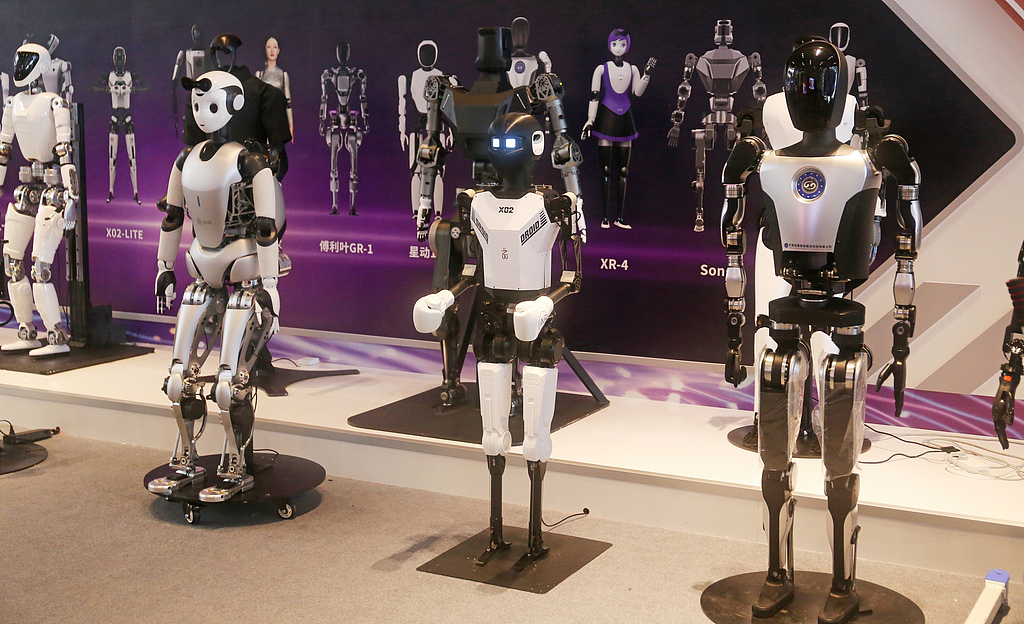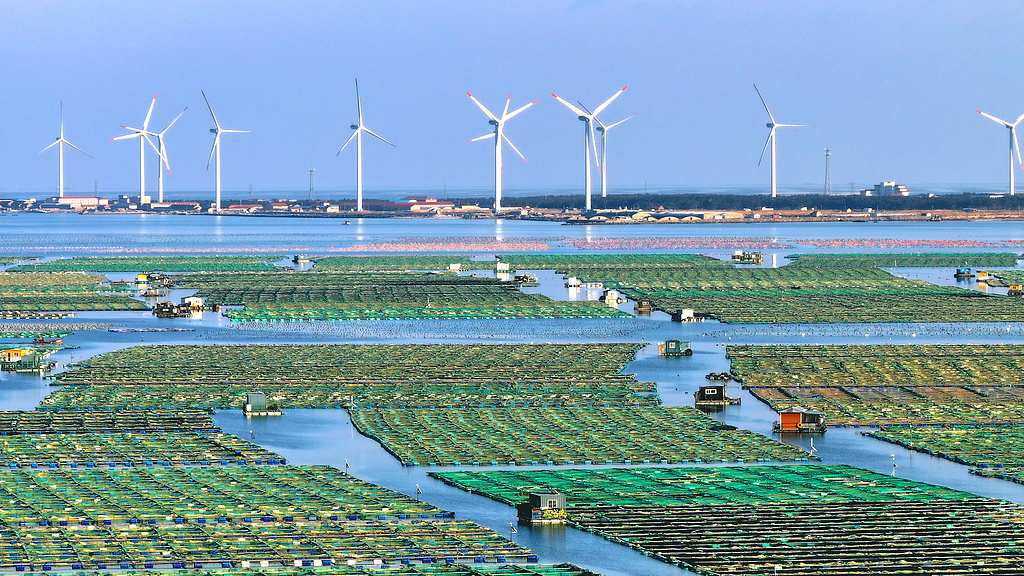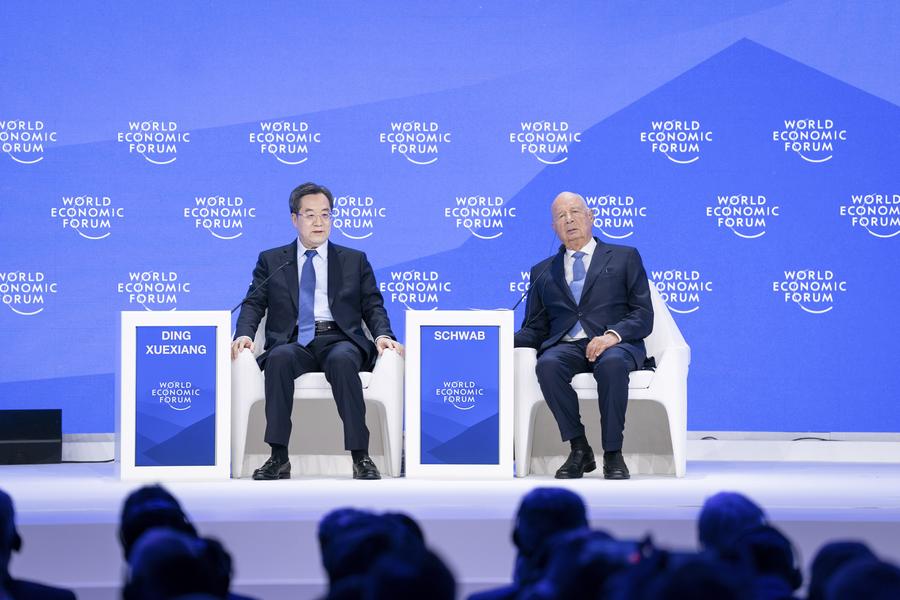At the Davos Forum, China highlighted wider opening-up, technological innovation and green transformation to promote its quality development based on cutting-edge technology and fair competition.
The World Economic Forum (WEF) 2025 annual meeting opened in Davos, Switzerland, on Monday. The event, subtitled "Collaborating in the Smart Age", discusses key topics ranging from geopolitical tensions and the accelerating climate crisis to rapid technological transformation and its impact on artificial intelligence and automation in the global economy.
The meeting was attended by the Chinese Vice Premier Ding Xuexiangwho gave a speech on Tuesday. He expressed firm confidence in China's economic development and stressed global cooperation for open and inclusive development.
Ding said that China's economic growth is generally stable with steady progress as the Chinese economy transitions from traditional growth drivers to new ones, with emerging and high-tech sectors developing.
Development based on cutting-edge technologies
China is actively developing its industrial environment by focusing on emerging and future-oriented industries to promote economic growth and global competitiveness. These strategic industries focus on innovation, sustainability and digital transformation. Key areas include high-tech and smart manufacturing, new energy, the digital economy, artificial intelligence, biotechnology and aerospace.
China has made significant advances in technological development in various sectors over the years. According to the National Bureau of Statistics, China's R&D spending will exceed 3.3 trillion yuan (about US$454 billion) in 2023, an increase of 8.4% from the previous year. Currently, China's total R&D spending is the second largest in the world, just behind the United States. In addition, in 2023, China's innovation index stood at 165.3 (with a baseline of 100 in 2015), a six percent increase from the previous year.

The economic contribution of the high-tech sector is encouraging. According to a recent press release from the Ministry of Industry and Information Technology, the number of science and technology enterprises in China will exceed 600,000 in 2024. In 2024, the number of science and technology-focused enterprises will increase by more than 1.5 %. Among them, there are a total of 14,600 "small giants" - small and medium-sized enterprises (SMEs) that are leaders in their sectors.
"Small giant" companies allocate an average of seven percent of their revenues to research and development. Although they account for only 3.2 per cent of the country's total number of small and medium-sized industrial enterprises, they contribute 10.9 per cent of profits, showing their significant impact on the Chinese economy.
In addition, in the global AI competition, China filed more than 38,000 patents related to generative AI between 2014 and 2023, putting it at the forefront of the global race in this technology.
Green transformation
At the forum, Ding also highlighted China's achievements in green transformation and its significant contribution to tackling climate change. He highlighted China's remarkable progress in its green and low-carbon transformation, which has become a hallmark of its economy.
China has set itself an ambitious green development goal: It wants to achieve maximum carbon dioxide emissions by 2030 and carbon neutrality by 2060. Since 2012, China's energy consumption per unit of GDP has been reduced by more than 26 % and carbon intensity by 35 %, according to Ding.

Official figures show that China has built the world's largest and most complex new energy industrial chain. Its renewable energy sources now account for more than 35 percent of the country's total energy production. In addition, it produces 70 percent of the world's photovoltaic components and 60 percent of wind power equipment, underscoring China's key role in promoting global green development and climate action.
China has also seen strong growth in the circular economy, with new material technologies leading to innovative solutions. For example, one Chinese company has developed a process that produces one T-shirt from polyester yarn derived from eight plastic bottles and produces one hardshell jacket from 28 plastic bottles. This process recycles more than 30 billion plastic bottles a year, bringing both environmental and economic benefits.
"China's stable and healthy economic development will be a strong and lasting impetus for global economic development," Ding said. He called on all countries to strengthen international cooperation in the era of rapidly developing new technologies, bridge the digital divide, narrow the development gap between the global North and South, and promote an open, inclusive and non-discriminatory environment for international economic cooperation.
CMG/ gnews.cz - RoZ
PHOTO - Xinhua/Peng Ziyang, CGTN



